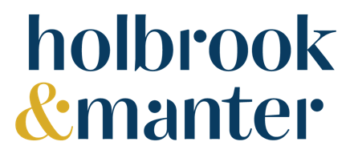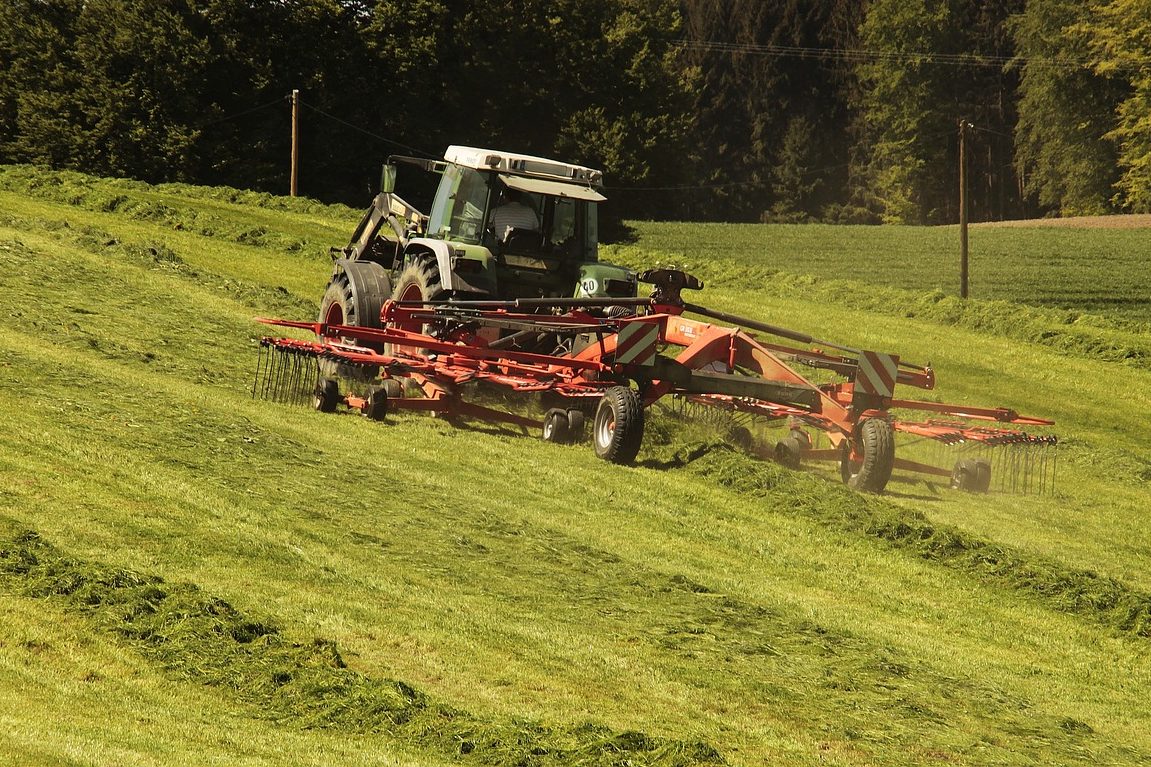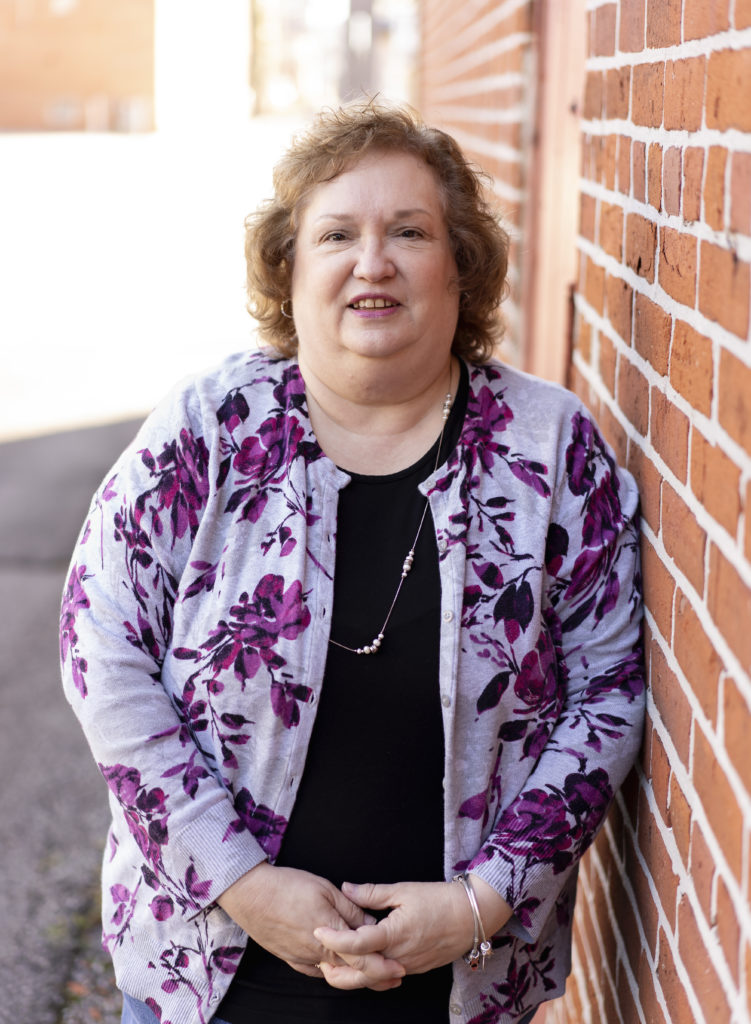Get The Most Out Of Your Farming Accounting Software
By Linda Lehman – Senior Staff Accountant
As the owner of a farm, whether it’s a small family farm or a large operation, there is considerable activity when it comes to keeping track of your business income and expenditures. This not only includes payments you receive from the sale of livestock or crops, but also your expenses to operate the farm, as well as equipment, buildings, loans, and investments in the business.
A good place to start tracking all of this is to find a CPA who specializes in agribusiness. This individual can guide you in getting started with your record-keeping, suggest software that is easy to use, and provide all-important tax advice.
The Benefits of Having a QuickBooks Pro Advisor In Your Corner
Let’s start by assuming you are the sole owner of a small family farm; you raise both livestock and crops for sale to others. You have contacted a CPA firm that recommends QuickBooks and has QuickBooks Pro-Advisors on staff (there are many software options, but QuickBooks is one of the most used). There are various versions of QuickBooks, including Online; your Pro-Advisor can guide you as to the best version for your business; we will assume you using a desktop version for these illustrations).
The benefit of having a relationship with a QuickBooks Pro-Advisor is they can provide training, answer questions, and help with tips and tricks for setting up and using QuickBooks for your business. QuickBooks can walk you through setting up the software – or your Pro-Advisor can help with this as well.
Chart of Accounts
The basics of any accounting system is the Chart of Accounts. This is a list of accounts that you will use for recording all of the activity in your business. The Chart of Accounts is normally broken down as follows:
Assets – These are what you own, which may include:
- Cash – including savings and checking accounts
- Receivables from others who owe you money
- Fixed Assets – equipment, buildings, vehicles, etc.
- Deposits on Equipment
- Prepaid expenses – amounts you have paid in advance for insurance, feed, etc.
Liabilities – What you owe others, such as:
- Accounts Payable – what you owe vendors but haven’t yet paid
- Loans – with banks, lending companies, or individuals-including yourself
- Payroll Liabilities – if you have employees
- Accrued Expenses
Equity
amounts you have personally invested in the farm, and accumulated earnings from the beginning of the business
Income
sales from livestock/crops
Expenses
This would include costs of running the business, e.g., livestock, seeds, fertilizer, veterinary bills, utilities, labor (either payroll or outside labor), supplies, repair & maintenance (buildings, equipment, vehicles), etc.
Other Income/Expenses:
Types of Other Income/Expense would include items that are outside normal operating transactions such as interest income, dividends, sale of equipment, etc.
This sounds like a lot but as you work with the various accounts, you will learn how they apply to your business. And your CPA or Pro-Advisor can guide you on how to properly set up these accounts. As your business grows and changes you can easily add more accounts as needed. Properly setting up your chart of accounts will be extremely helpful in periodically reviewing the status of your business, as well as, providing your CPA valuable information for filing the tax returns.
Setting Up QuickBooks
If you are setting up QuickBooks after you have already been in business for several years (or decades), you will need to set up beginning balances. For example, if you are setting up QuickBooks for 2021, you will need to determine the balance of your Assets and Liabilities as of December 31, 2020. Your CPA or Pro-Advisor can help you with this. Setting up these beginning balances is an important step as it will ensure your account balances are correct going forward. Once you have your beginning balances set up, you can begin working on 2021!
Let’s Discuss Tracking Business vs. Personal Expenses
If you are using your personal checking account for business income and expenses, it is best to stop this practice. Although you may be the sole owner of your farm, it’s important to treat it as a business and not as an extension of your personal income or expenses. The farm should have its own checking and savings accounts; and any loans for the farm should be in the name of the farm. In addition, any equipment purchased should be in the name of the farm, including vehicles. This is important for when tax returns are filed at the end of the year. Although the business may be filed with your personal tax return, there is a separate section that must be completed for farm activity only. Your CPA will thank you for keeping the activity separate!
Our Farm Accounting Specialists Always Here To Help
At Holbrook & Manter, Agribusiness is one of our specialties; and we have QuickBooks Pro-Advisors on staff. We work with agriculture businesses large & small and can assist you in managing your business.




